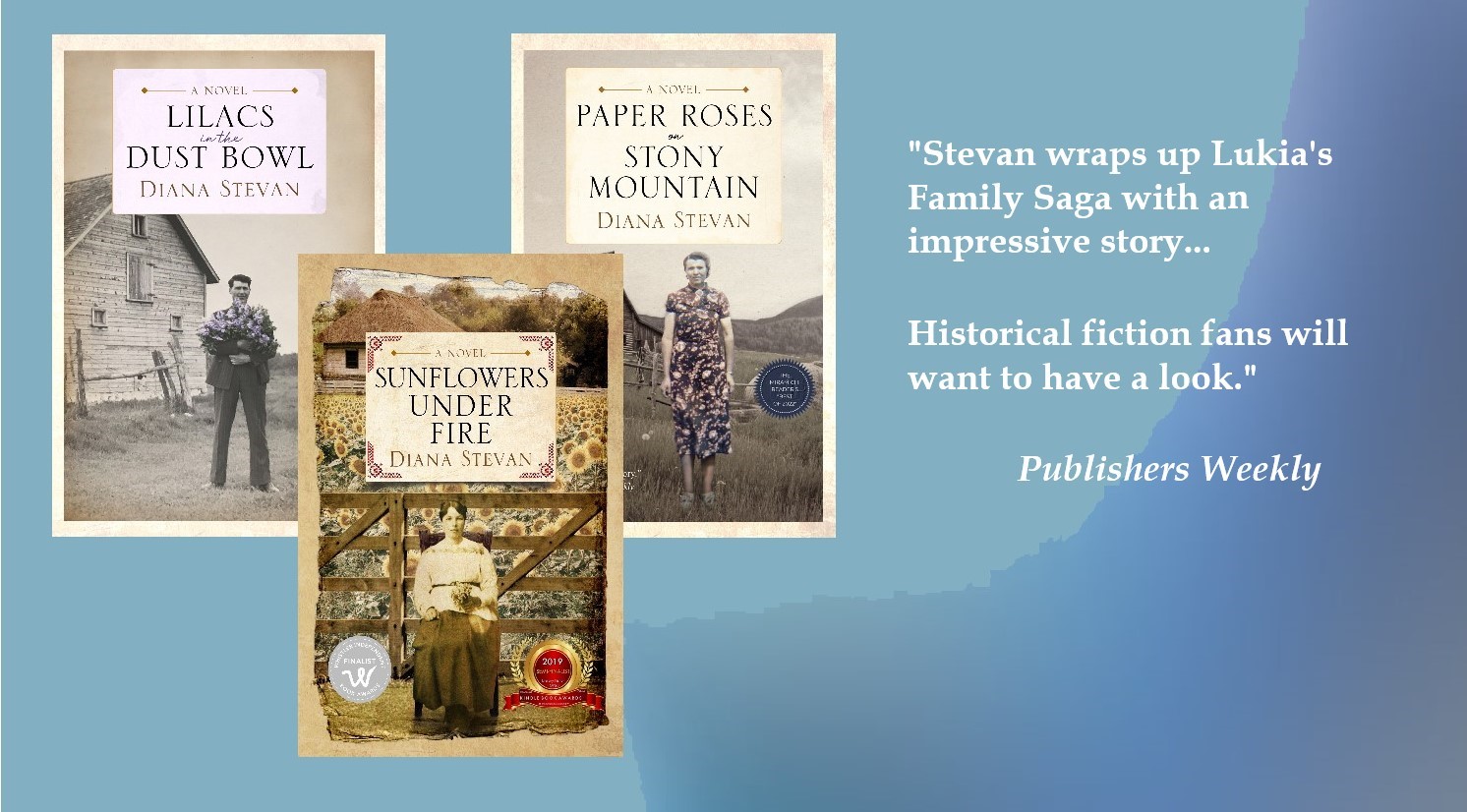Storytelling In THE ARTIST and THE DESCENDANTS
 I started off the new year by seeing THE ARTIST, superbly directed and written by Michel Hazanavicius. It’s a curious film, since it’s mostly silent—except for the musical score and a few bits of dialogue at the end. It’s also shot in black and white. A brave endeavor indeed in this time of 3D and other special effects. And yet, its storytelling resonates with many. The Artist has been getting rave reviews and various nominations, including six from the Golden Globes. It has already won the New York Film Critics Circle Award for best film and best director of 2011. I wouldn’t be surprised if it picked up a number of The Oscars as well.
I started off the new year by seeing THE ARTIST, superbly directed and written by Michel Hazanavicius. It’s a curious film, since it’s mostly silent—except for the musical score and a few bits of dialogue at the end. It’s also shot in black and white. A brave endeavor indeed in this time of 3D and other special effects. And yet, its storytelling resonates with many. The Artist has been getting rave reviews and various nominations, including six from the Golden Globes. It has already won the New York Film Critics Circle Award for best film and best director of 2011. I wouldn’t be surprised if it picked up a number of The Oscars as well.
Perhaps the silence of the film, THE ARTIST, is appreciated in our world of noise, where everything is so hyped today. News is delivered in quick sound bites. Music videos bombard you with enticing images in rapid succession. And action films ramp up the volume to artificially create excitement.
When I left the cinema, I was struck by how there wasn’t a false note in THE ARTIST’s story, a simple one about a star of silent cinema who resists the advent of talkies. It was amazing to see how compelling the images were without dialogue. I could see the star think. There was humor, sadness, and surprise. And using advances in cinematography, art direction, music, sound and editing, the director made the whole experience novel. The Artist isn’t just another silent film, it’s a clever commentary on those times. 
Another Oscar worthy film is THE DESCENDANTS , a four hankie movie, starring George Clooney. I was interested in seeing it, because it was directed by Alexander Payne, who’d also directed the wonderful movie, SIDEWAYS. THE DESCENDANTS didn’t disappoint. Although there was nothing innovative in the way it was shot, Payne told a good story—which he’d also written—very well. I forgot for much of the time that I was watching a movie star play a character, challenged both internally and externally by forces beyond his control.
On my bookshelf, sits the screenwriting bible, STORY by Robert McKee. His book illustrates how attention to “substance, structure, style, and the principles of screenwriting” produces award-winning movies. It’s obvious that both screenwriters, Michel Haznavicius and Alexander Payne, learned these lessons well.
Although entirely different from one another, both films, THE ARTIST, and THE DESCENDANTS, highlight the importance of story and hold great promise for the future of filmmaking. As mentioned earlier, there were no special effects in either movie. Neither were there any graphic depictions of man’s violence upon man or any near pornographic sexual scenes. Perhaps, now that we’ve gone as far as we can (bordering on the edge of pornography), we can now return to trusting ourselves to tell stories without resorting to sensationalism for fear we will bore the audience. It all boils down to a good story told well.


